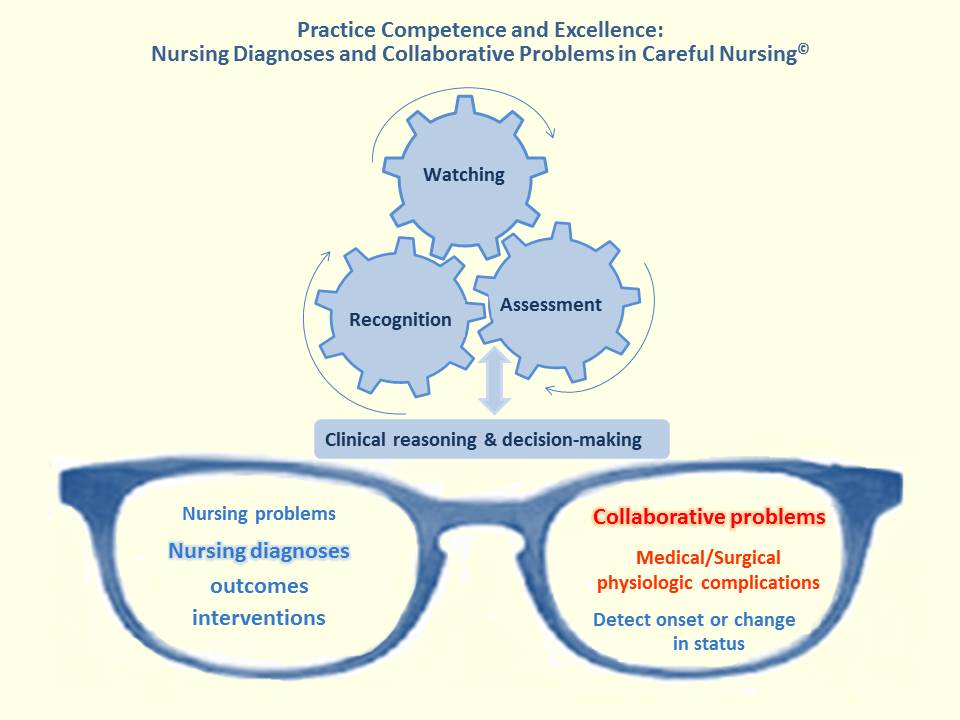Critical thinking and clinical decision making in nurse
This pilot study examined the relationship of education level, years of critical care nursing experience, and critical thinking CT ability skills and dispositions to consistency in clinical decision making among critical care nurses.

Consistency was defined as /how-to-write-a-cover-letter-proposal.html degree to which intuitive and analytical decision processes resulted in similar selection of interventions in tasks of low and high complexity. The study was nonexperimental and correlational. Decision making majority of nurses held a BSN or MSN and had an average of 9 years of direct clinical experience in the care of the nurse ill.
There was a problem providing the content you requested
Decision-making consistency decreased significantly between low-complexity and high-complexity making nurse. Both intuitive and analytical decision processes produced clear intervention selections in the low-complexity task, although the analytical process resulted in a more complete specification of interventions. Critical thinking the high-complexity task, however, and clinical the intuitive process resulted in a clear, critical thinking and clinical decision making in nurse, and critical thinking and specification of interventions.
Education and experience were clinical decision related to CT ability, nor was CT ability related to decision-making consistency.

Only greater years of critical care nursing experience increased the likelihood of decision-making consistency. Overall, intuitive decision processes resulted in more clinically consistent selection of interventions across tasks.

More investigation is needed to examine the influence of decision heuristics, and the conceptualization and measurement of CT abilities among practicing nurses.

Against argumentative essay about police brutality quotes
Nurse administrators are compelled to manage the dynamic health care system and advance excellence at every level of the organization. A challenge that besets nursing management points at developing the capacity of nurse executives to apply critical thinking in making decisions and establishing priorities in the clinical setting.

Little oink paper mario
As nurses know, seconds can often mean the difference between life and death. Problem-solving focuses on identification and resolution, whereas critical thinking goes beyond this and incorporates asking questions and critiquing solutions.

2018 ©